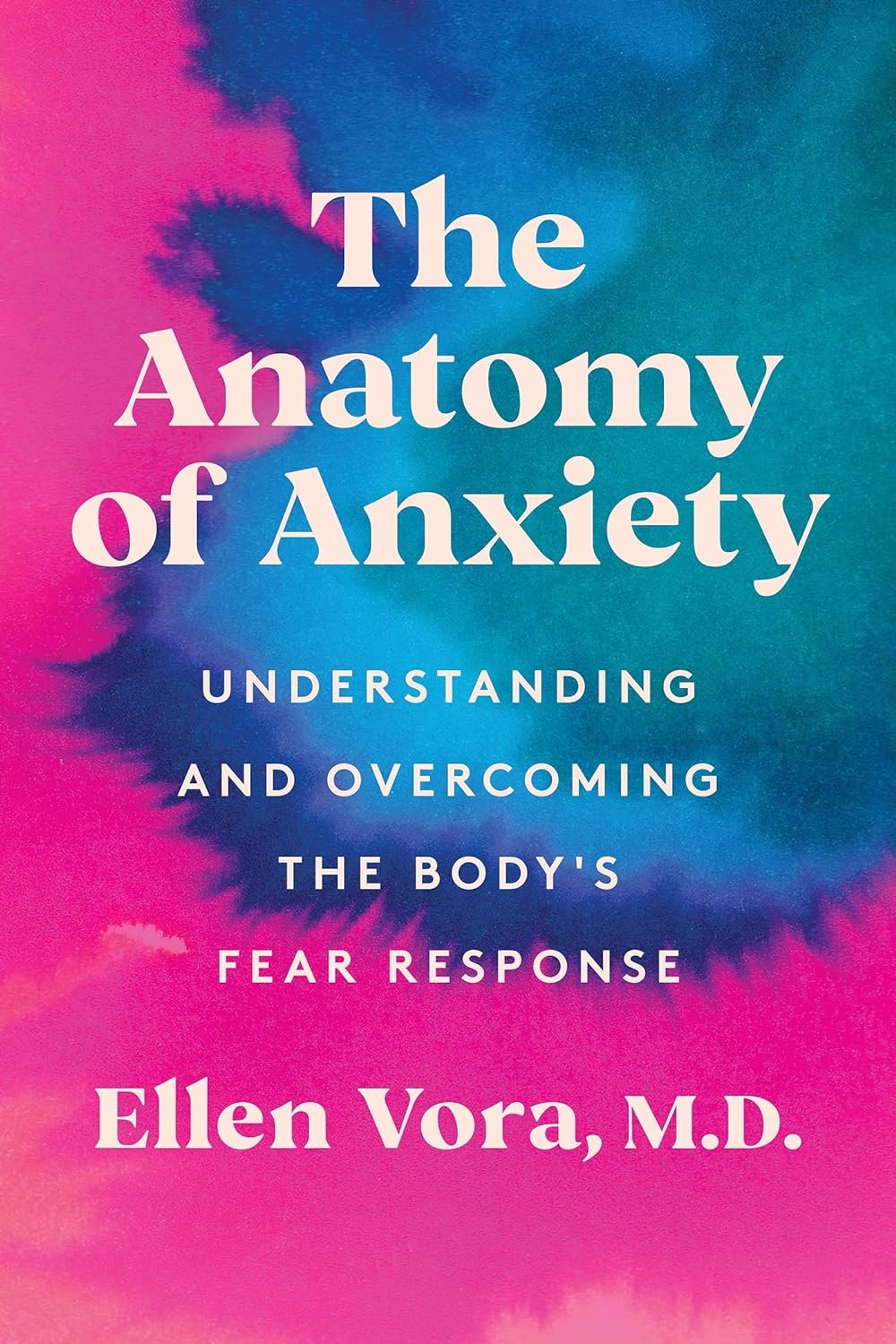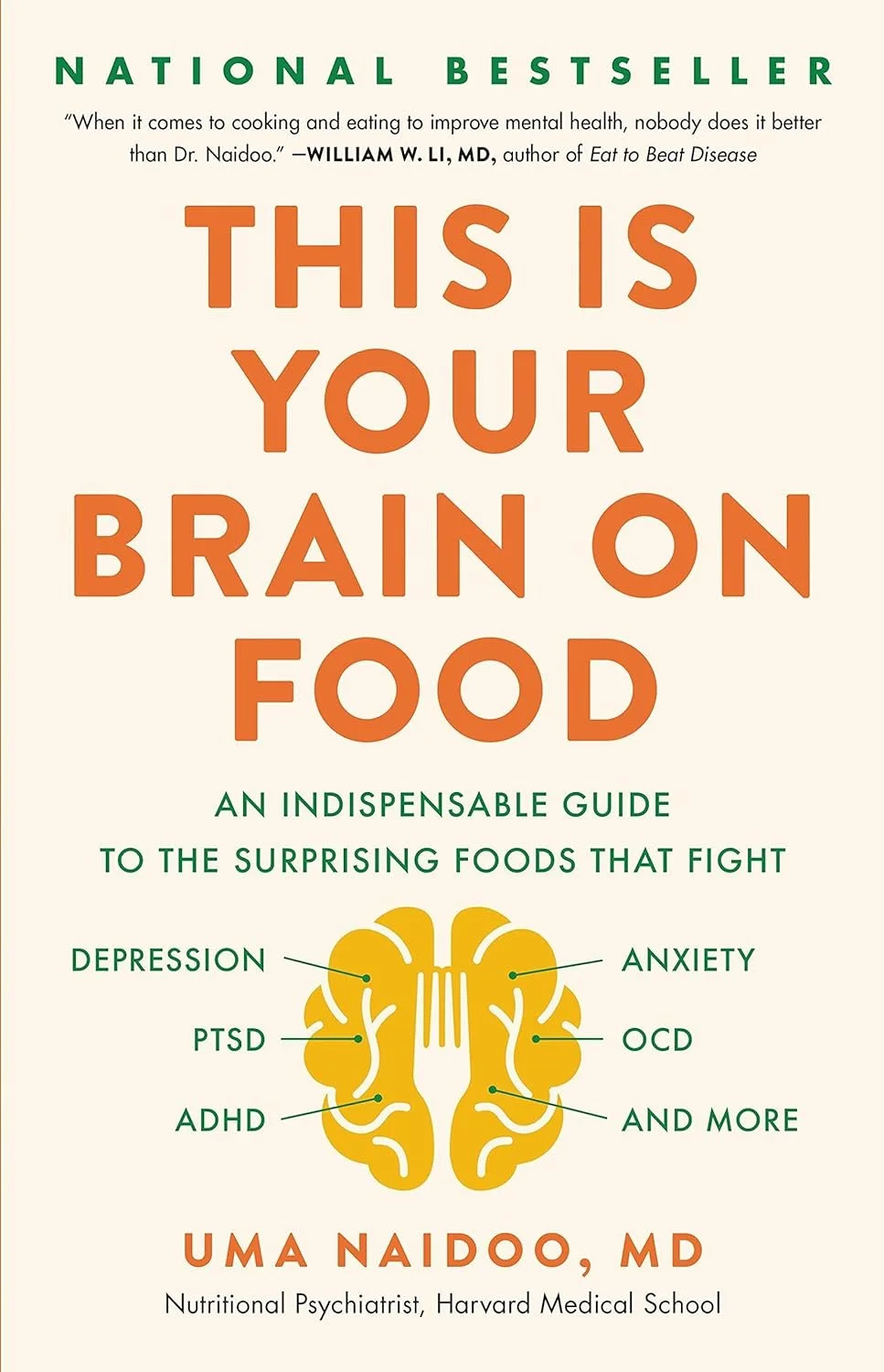Hi, I’m Luisa Cacciaguida, MD.
Thank you for being here.
I’m Luisa Cacciaguida, MD a holistic psychiatrist based in NJ.
I received my B.S. in Biology with minors in Italian and Economics at Ramapo College of New Jersey before studying medicine at St. George’s University School of Medicine. I received my psychiatry residency training at Stony Brook University.
I'm passionate about helping people struggling with mental health symptoms who have not been sufficiently helped by conventional psychiatry. Our rising rates of depression, anxiety, and suicide are a clear indication that our current approach of 15-minute doctor visits and free-flowing antidepressant prescriptions is not working. Different treatment approaches are necessary in order to help more people. As a holistic psychiatrist, I integrate well-studied but largely ignored biochemical/physiological and lifestyle treatments with the judicious use of psychiatric medications to provide my patients with a strategic treatment plan.
How did I come to practice holistic psychiatry? I’m glad you asked.
Luisa Cacciaguida, MD
During medical school and residency, the hospital was a revolving door of people struggling with chronic diseases. Many times, these individuals didn’t receive the proper education needed to prevent the progression of symptoms. For example, I had patients with type 2 diabetes who were never told their diet impacted whether they got better or worse. I saw people with osteoporosis who were not made aware that strength training could have prevented a hip fracture. People with inflammatory bowel disease had not heard about the correlation between their diet and their symptoms. The list goes on.
It was heartbreaking to discover two facts about our healthcare system. First, our society surrounds us with bad and worse health choices, which cumulatively lead to chronic conditions of diabetes, heart disease, cancer, dementia, and depression. Second, our healthcare system generally fails to inform patients that more than medication is necessary to treat chronic conditions. The result is that many take medications with subpar results because key contributing risk factors aren’t being addressed. I saw the same pattern with my psychiatric patients, who all deal with chronic conditions.
On some occasions, patients felt much better and had little to no side effects from psychiatric medications. We’ve been led to believe this is the norm. However, these patients were actually far and few between. More often, patients would try three or more medications over multiple years only to find marginal improvements in their mental state. Commonly, the adverse side-effects of the medications diminished quality of life so much that the drug was not worth taking. In the worst-case scenario, some patients simply got worse psychiatrically after trialing a medication. Like the patients with IBD, diabetes, and osteoporosis, those struggling with their mental health were rarely told what could alleviate their symptoms, aside from medication. This was preventing them from getting better. It was clear to me that something was missing from conventional psychiatric treatment.
People are told that psychiatric medications are, basically, the only treatment for mental health symptoms, all the while neglecting their real limitations. I went searching beyond my medical school textbooks and found different treatment approaches to mental health through functional, mind-body, nutritional, and orthomolecular medicine. These treatment methods expand beyond the “pill for an ill” model of conventional medicine to help more people in different ways.
I have respect for the conventional healthcare model, and if you’re someone who has benefited from psychiatric medication, I’m genuinely happy for you. However, if psychiatric medications have not worked for you, I’m here to tell you that you’re in the majority. Antidepressants, used to treat both depression and anxiety, are only about 40% effective. For the 60% who don’t improve, talk therapy is then commonly prescribed. Like medications, it often falls short.
Critically, medication and talk therapy do not address key contributors to mental health symptoms. These contributors could include blood sugar dysregulation, thyroid abnormalities, obstructive sleep apnea, and celiac disease. Protein indigestion, abnormal lithium, magnesium, zinc, or copper levels, methylation imbalances, low vitamin B12, vitamin D, omega 3, or iron levels may also be playing a role. Inadequate sleep, nutrition, movement, stress recovery, and in-person social connections, as well as toxin exposure (in the form of food, everyday products, and addictive substances), are also contributors.
Herein lies the good news. It turns out that those experiencing mental health symptoms are not stuck with sometimes-effective psychiatric medications as their only treatment. Each of the contributors to mental health listed above is, when evaluated, a treatment avenue. Each person’s combination of contributors will be different, so each person’s treatment plan will be different. There are many more paths to feeling better, with or without medication. It’s my job to explore them with you and figure out your path together. I can’t wait.
With care,
Dr. C
Medical training
St. George's University School of Medicine
Stony Brook University Psychiatry Residency
Additional training
Walsh Research Institute
Mastering Brain Chemistry
Dr. Miller’s
Integrative Psychiatry Course
Nervous System Regulation
Psychiatry Redefined
Functional & Integrative Psychiatry Fellowship
Biology of Trauma & Healing: Applications of Functional Medicine
Nutritional Psychiatry Course
Psychodynamic Psychotherapy
Nutritional and Integrative Medicine for Mental Health Professionals
Cognitive Behavioral Therapy
Books that have informed my approach to mental health care
The Anatomy of Anxiety
Ellen Vora, MD
Complementary and Integrative Treatments in Psychiatric Practice
Gerbaarg, MD, Muskin, MD, & Brown, MD
This is Your Brain on Food
Uma Naidoo, MD
The UltraMind Solution: The Simple Way to Defeat Depression, Overcome Anxiety, and Sharpen Your Mind
Mark Hyman, MD
Integrative Psychiatry and Brain Health
Monti, MD & Newburg, MD
Finally Focused: The Breakthrough Natural Treatment Plan for ADHD
Greenblatt , MD







